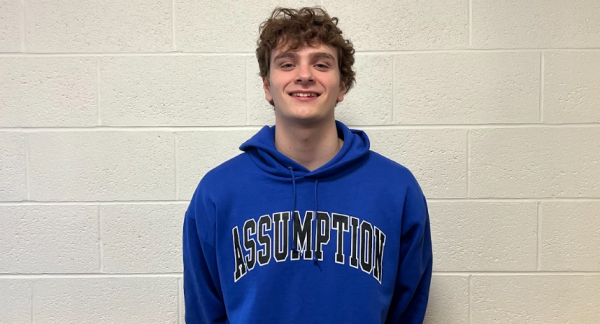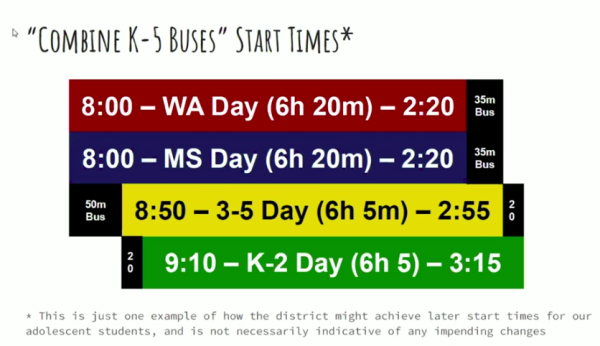Marijuana Study to Continue for the Second Year
September 23, 2016
During the first week of October, Massachusetts General Hospital will continue their study from last year at Westford Academy. Led by neuropsychologist Randi Schuster, the project is designed to collect information on marijuana use by high school students as well as its effects.
Last year was the first of five years the study is to be in place. During this time last year, students were asked to take an anonymous survey during lunch, as well as leave their information if they were interested in the full study. A group of students, both users and non-users, were later chosen to be part of the study through MGH.
The idea of the study is to test the effects of marijuana use on memory, executive function and other cognitive skills, as well as its effect on ADHD, mood swings, alcohol use, etc. The study is also designed to find any recovery of cognitive function when quitting, and how fast or slow that process would be, along with possible factors or hints as to who might use marijuana.
“We are recruiting marijuana users and non-users both at Westford Academy and other high schools in the Boston area, and the goal is to look at whether or not cognition changes when people stop smoking marijuana,” said Schuster.
An additional observation that was a factor in prompting the study was the rising of THC in marijuana, which is the main active chemical. According to Schuster, the THC levels in marijuana during the 1960’s was between one to two percent. Presently, that number is closer to six to twelve percent on average, and the demand occasionally reaches twenty to twenty-five percent.
“When you’re thinking about the adolescent brain, [the THC content] is really important to think about, because that’s the component of marijuana that we think could possibly impact your ability to think and process complex information,” said Schuster.
The goal of the first year was more towards establishing a connection with the school and collecting preliminary data or information to base the rest of the study after. Schuster feels like they accomplished their objective for the year.
“My goal for year one was to establish a relationship with the school…really the first year was about starting to work with students,” said Schuster.
During the first year, they found that ninety-three percent of their test subjects were able to quit marijuana for the thirty days of the study. Furthermore, the preliminary findings from the tests seems to support the hypothesis that after quitting, marijuana effects will be reversible over time.
This year, the goal is to re-establish their connection with the school, continue screening with more general statistics from the survey, as well as see who is interested in the study. The study will be conducted the same way as last year, with the survey all week during lunch, and a group of students to be picked to be further tested.
Additionally, Schuster plans on aggregating the results from Westford Academy and other schools in the area to have overall and more general results about high school students in the area.
“We don’t want to publish a paper and say ‘these are the findings from Westford Academy’ and ‘these are findings from another school’. That’s not what we would ever do. The goal is to say these are findings about adolescents or students in high school in the Greater Boston Area,” said Schuster.
As for getting the information and observations out to the students, Schuster hopes administration can take care of that in their respective school districts, since they would know what would best appeal to the interests of their students.
“I think this is a really important study, some really important data to collect. Unfortunately, people have very strong opinions about whether marijuana is harmful or harmless, and unfortunately we have very little scientific data to support either. I hope to get more information, and if there is any reason for concern, to be more proactive,” said Schuster.

















